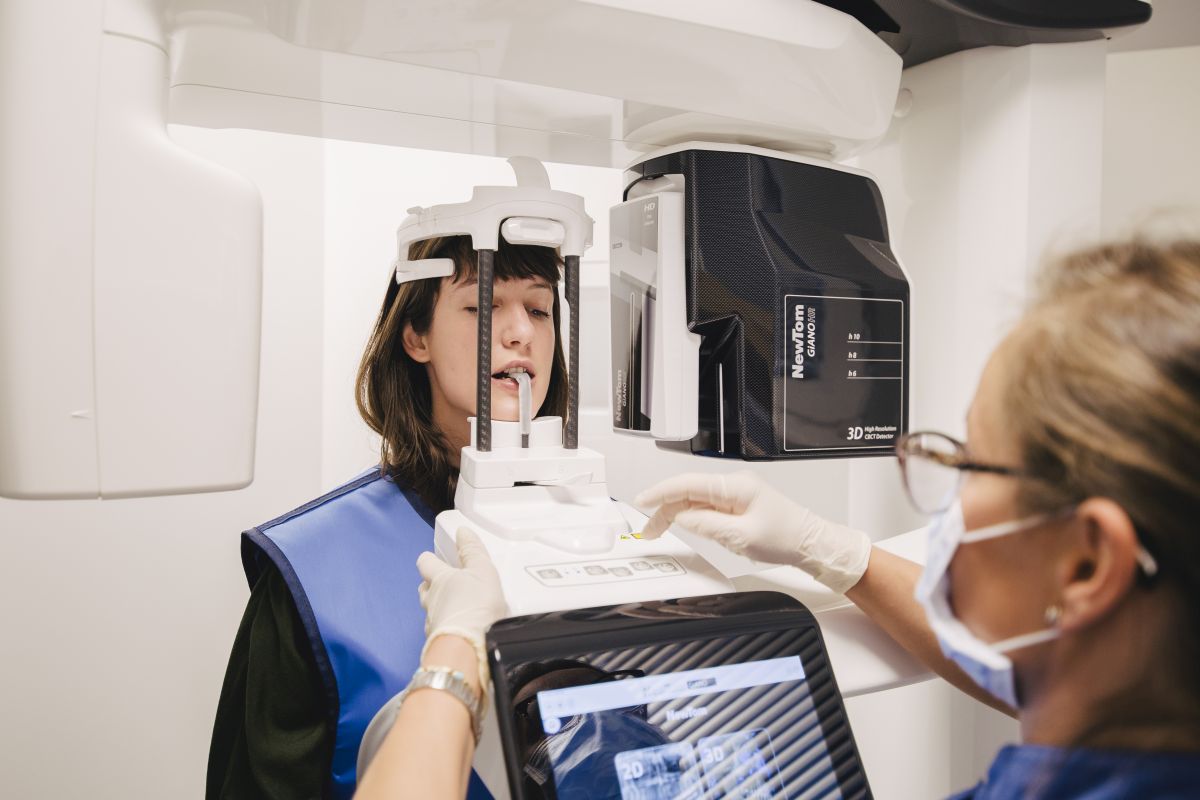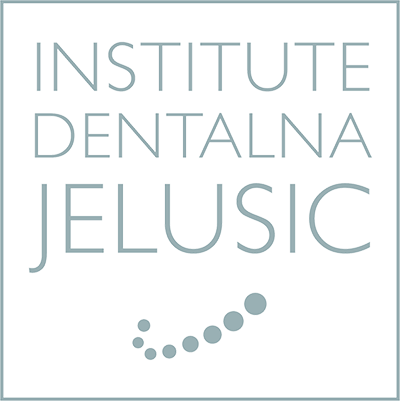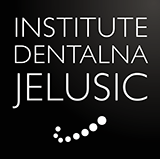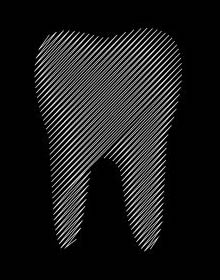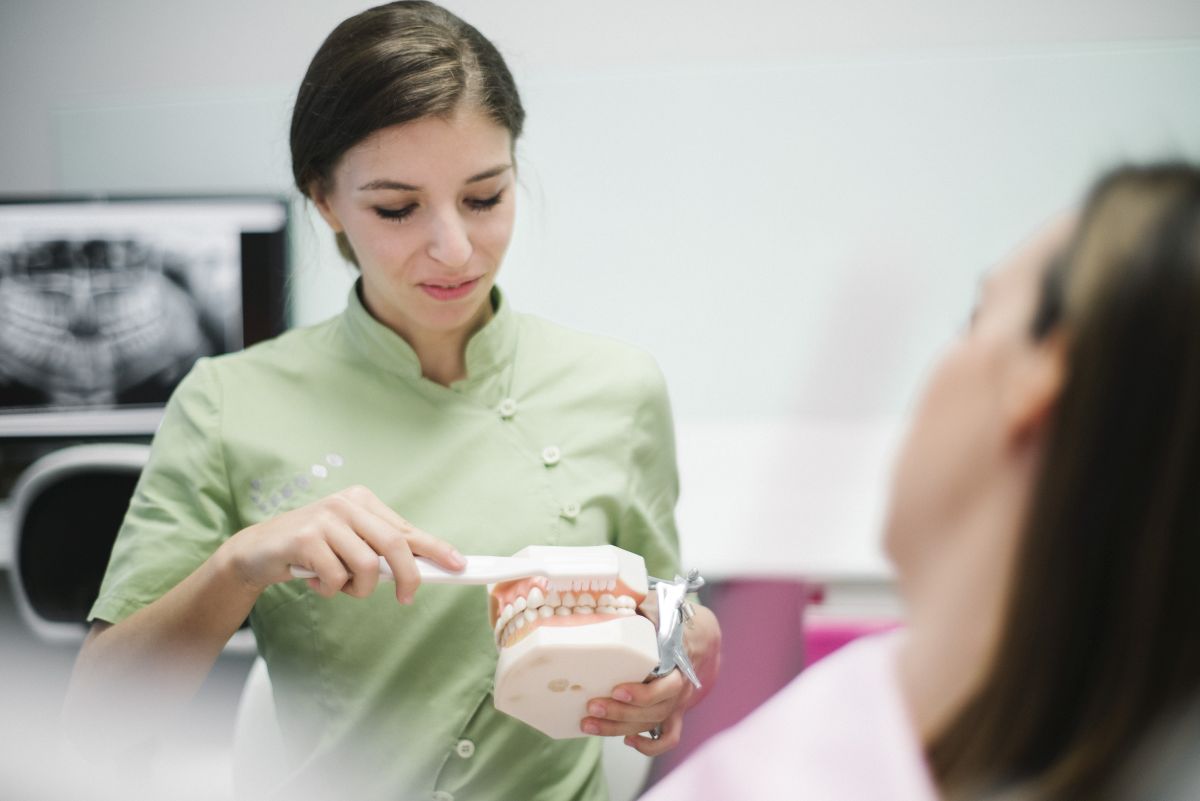Implant-prosthetic rehabilitation is a new, healthy start for periodontally compromised patients. However, both the patient and the dentist should do everything in their power to prevent inflammation around the teeth and implants. Regular check-ups, proper oral hygiene and regular professional teeth cleaning are of great importance when it comes to maintenance and prevention of periodontitis and periimplantitis. Proper therapy begins with correct diagnostic procedures and an accurate diagnosis. The diagnosis of periodontitis and periimplantitis must be taken seriously, as it requires the patient’s activity and cooperation as well as appropriate treatment and therapy selection by the dentist.
Dental implants, periodontitis and periimplantitis
The implant’s great popularity tends to occasionally set aside some fundamental aspects that such therapy requires. Implants are an excellent foundation for many types of prosthetic rehabilitation – from the replacement of a single tooth, the making of smaller bridges on implants, to the fixed rehabilitation of entire jaws. However, the fact that implants are extremely sensitive to the same microorganisms that cause periodontitis is often overlooked. Thus, untreated periodontitis and the presence of periodontopathogen bacteria in the remaining teeth’s pockets near the implant can be very harmful. Periimplantitis is a disease similar to periodontitis and it affects implants. It shows no symptoms nor is it painful, but it progresses rapidly. Therefore, the message is very clear: the implants are safe, but the periodontitis surrounding the teeth must be treated and regulated. The gums around the teeth and implants should be regularly monitored and protected!
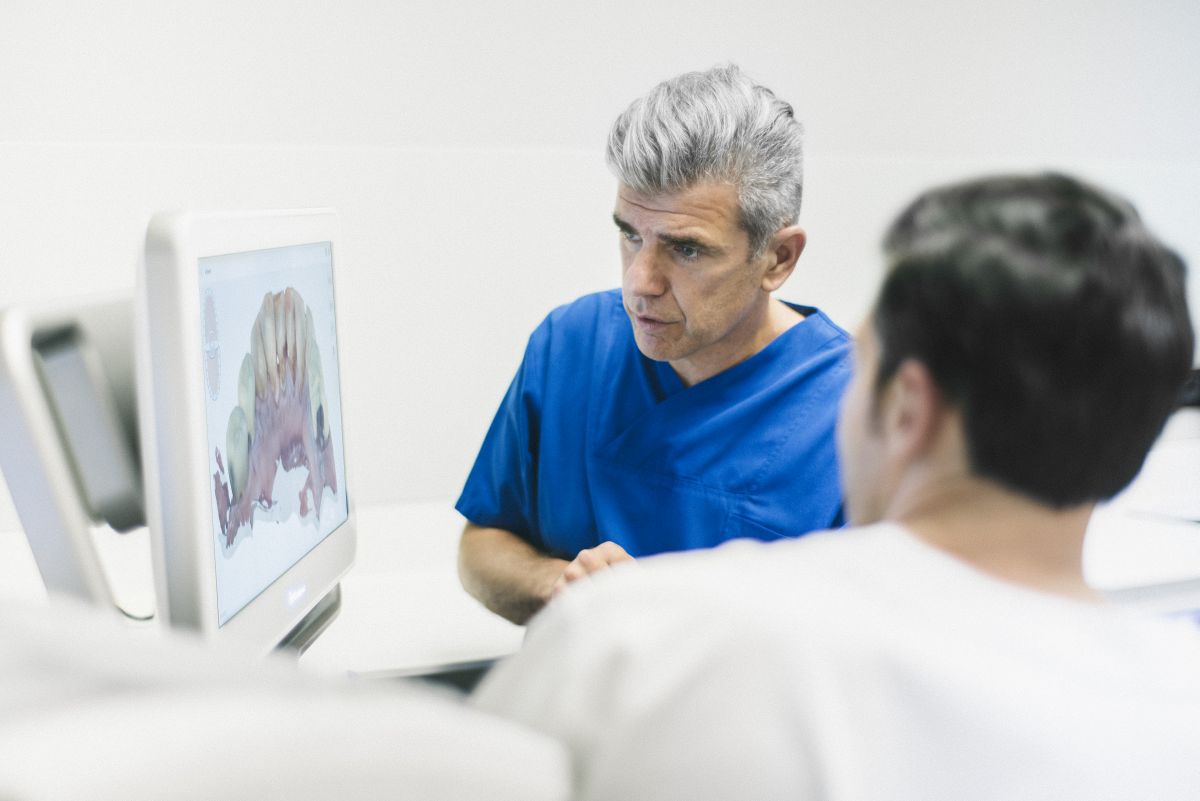
A few remarks on complete edentulism, periodontitis and implants
There is a completely wrong but ingrained paradigm regarding teeth and periodontitis. The most common one being the belief that if we pull out all the teeth, there is no more inflammation, no pockets, and therefore no more periodontitis. In the short term and in some cases this is true. However, we have forgotten that periodontitis is a disease with a genetic predisposition. What does that mean? It means that the same amount of the same bacteria does not have the same effect on different people – in some the consequences are destructive, and in others there are no negative effects. In such situations, it is completely acceptable to employ more complex therapies that include implant placement with or without bone regeneration (All-on-4, Trefoil, Zygoma, sinus lift, bone regeneration). However, all undertaken methods should be planned as to have the smallest possible chance of entering periimplantitis’ vicious cycle.
Routine check-ups, proper oral hygiene and regular professional teeth cleaning are of vast importance in the maintenance and prevention of periodontitis and periimplantitis. (more at jelusic.com/prophylaxis)
Healthy gums are the key to longevity and success of all prosthetic work and our overall health!
